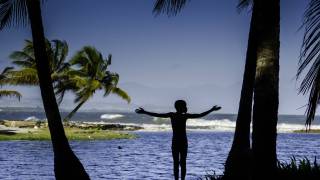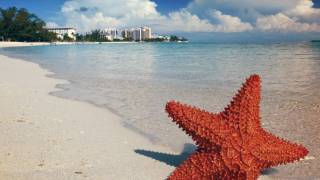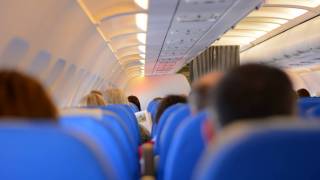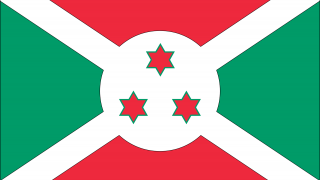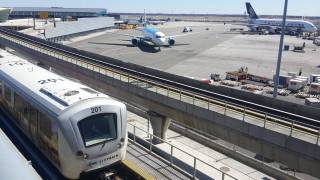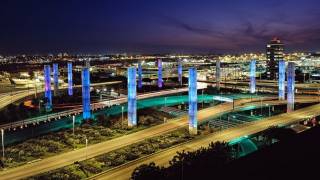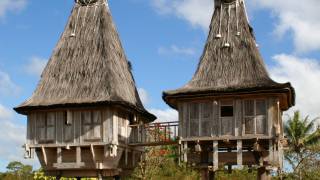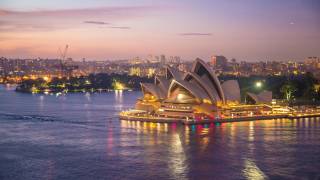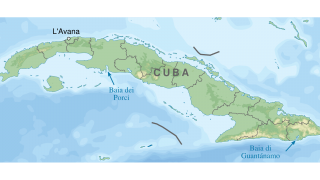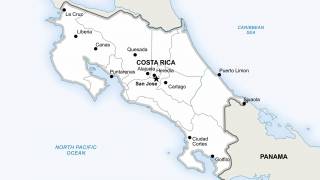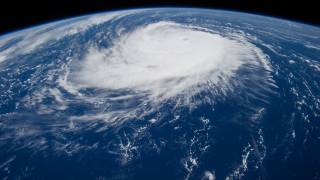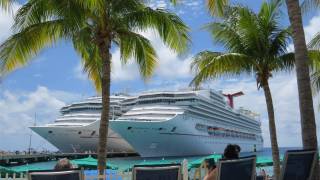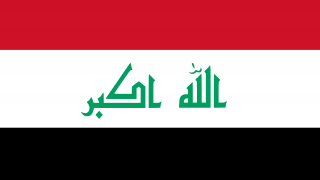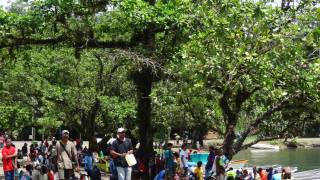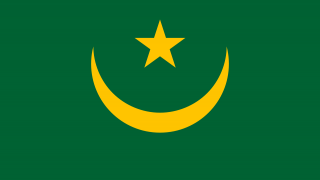Travel Advisory Updated for the Bolivarian Republic of Venezuela
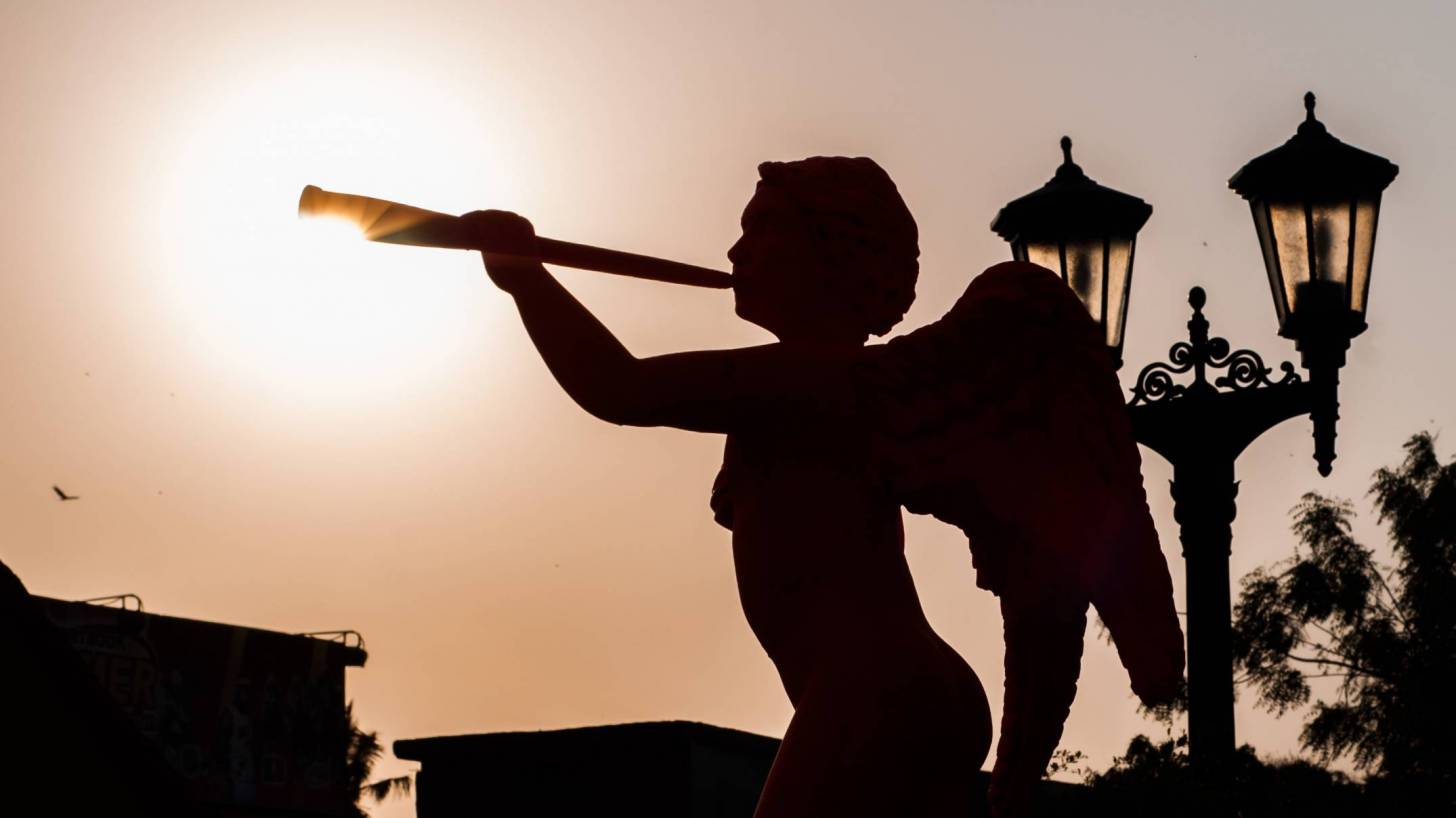
The US Department of State updated its Level 4 Travel Advisory for the Bolivarian Republic of Venezuela regarding civil unrest and the arbitrary arrest of U.S. citizens.
This ‘Do Not Travel’ Advisory was published on December 2, 2019, recommending that ‘U.S. citizens avoid all nonessential travel to Venezuela.’
Previously, on January 24, 2019, the State Department ordered the departure of non-emergency U.S. government employees and family members due to ongoing political instability.
Furthermore, this new Advisory says ‘the U.S. government said it has limited ability to provide emergency services to U.S. citizens in Venezuela. Consular access to detained U.S. citizens who also have Venezuelan nationality is severely restricted by the Venezuelan government and the U.S. Embassy may not receive access in these cases.’
And, there are shortages of food, electricity, water, medicine, and medical supplies throughout much of Venezuela.
Separately, the Canadian government updated its Travel Advisory on November 1, 2019, which says ‘that it is very difficult to obtain a new Venezuelan passport or to extend an expired passport, due to the shortage of passport materials.’
‘If you enter Venezuela with an expired Venezuelan passport, authorities may not stamp your travel documents upon entry.’
‘This may lead to difficulties when exiting the country. You must pay a departure tax if you leave Venezuela from one of its international airports. Amounts and methods of payment vary depending on the airport.’
Previously, the UK Foreign and Commonwealth Office (FOC) advised against all travel to within 50 miles of the Colombian border and 25 miles of the Brazilian borders of Venezuela on June 17, 2019.
And, the FCO also advises against all travel to Zulia State as a result of prolonged power cuts and an increase in civil disorder.
Venezuela is located on the northern coast of South America, consisting of a continental landmass and many small islands and islets in the Caribbean Sea.
The country has extremely high biodiversity with habitats ranging from the Andes Mountains in the west to the Amazon basin rain-forest in the south, the Caribbean coast and the Orinoco River Delta in the east.
Venezuela is among the most urbanized countries in Latin America, with the vast majority of Venezuelans (28 million) living in the cities of the north, especially in the capital city of Caracas, which is also the largest city in Venezuela.
If you decide to travel to Venezuela, the State Department suggests the following actions:
- Do not travel between cities after dark.
- Avoid travel between Simón Bolívar International Airport and Caracas at night.
- Do not take unregulated taxis from Simón Bolívar International Airport, and avoid ATMs in this area.
- Avoid demonstrations.
- Bring a sufficient supply of over-the-counter and prescription medicines.
- Enroll in the Smart Traveler Enrollment Program to receive Alerts.
- U.S. citizens who travel abroad should always have a contingency plan for emergency situations, such as this Traveler’s Checklist.
- U.S. citizens who remain in Venezuela can contact the Department of State in one of the following ways:
- Visit the US Embassy website
- Email [email protected]
- Call us at 1-888-407-4747 (from the U.S. & Canada), +1-202-501-4444 (from Overseas).
From a health perspective, the U.S. Centers for Disease Control and Prevention (CDC) issued a Level 3 ‘Avoid Nonessential Travel’ notice on May 15, 2018, which says ‘there has been a breakdown of the medical infrastructure in Venezuela.’
The CDC recommends that travelers avoid all nonessential travel to Venezuela, as the country is experiencing outbreaks of infectious diseases, and adequate healthcare is currently not available in most of the country.
Venezuela’s infectious disease outbreaks have been occurring for several years, and included the following examples in surrounding South American countries:
The CDC’s Travel Alert says ‘if you must travel to Venezuela, then protect yourself by following the health advice below:’
- Make an appointment with a travel medicine specialist or your healthcare provider to get needed vaccines and medicines at least 4 to 6 weeks before you leave
- All travelers should be up to date on all recommended vaccines, such as the Diphtheria, Tetanus, and Pertussis (DTaP) vaccine and Measles-Mumps-Rubella (MMR) vaccine
- Consider typhoid, hepatitis A and yellow fever vaccines
- All travelers take prescribed medicine to prevent malaria
- Pack a travel health kit with your prescription medicines and over-the-counter medicines (enough to last your whole trip, plus a little extra), first aid supplies, and your health insurance card.
International travelers can easily request a vaccination and medication counseling appointment with a local pharmacy at Vax-Before-Travel.
Venezuela travel news published by Vax-Before-Travel
Our Trust Standards: Medical Advisory Committee


